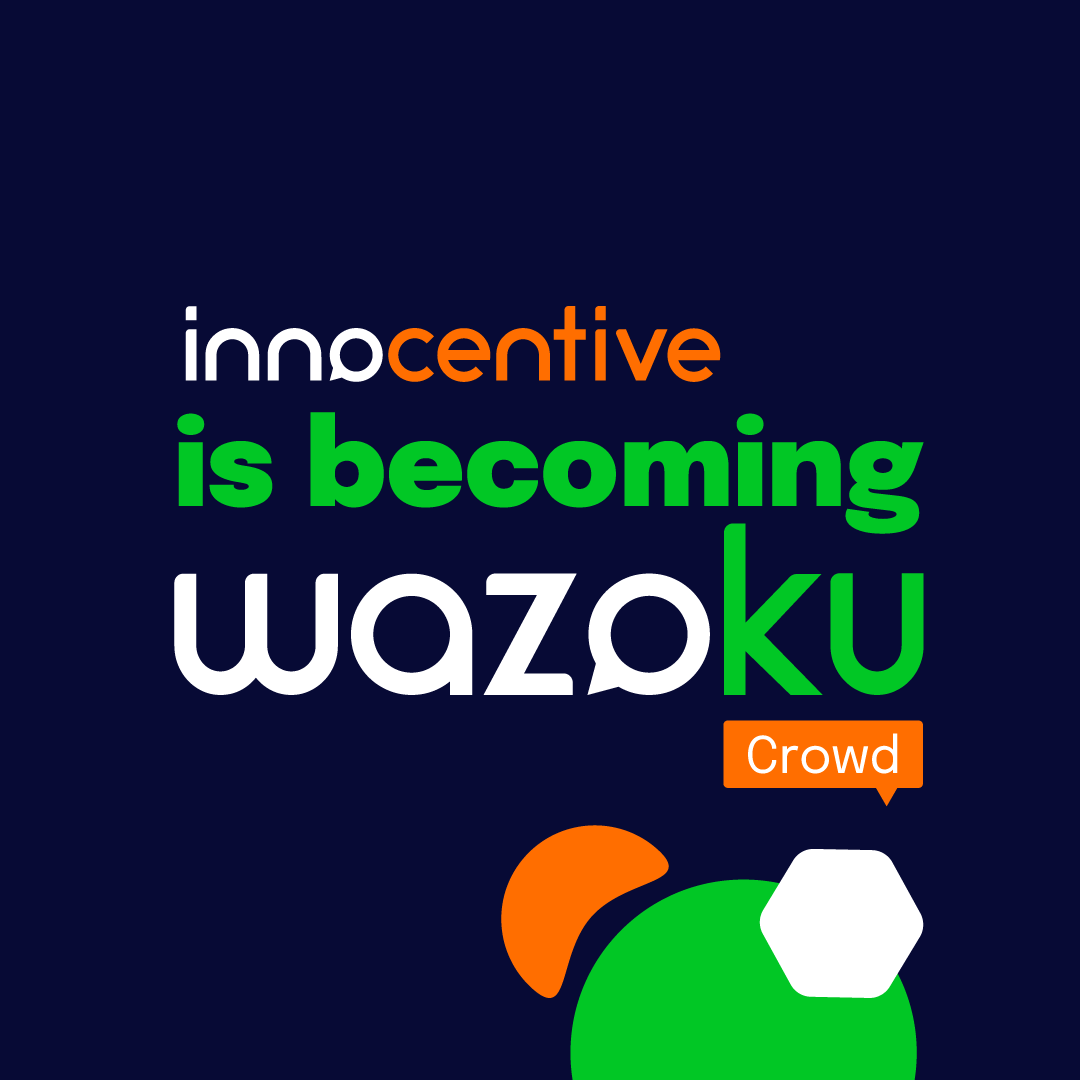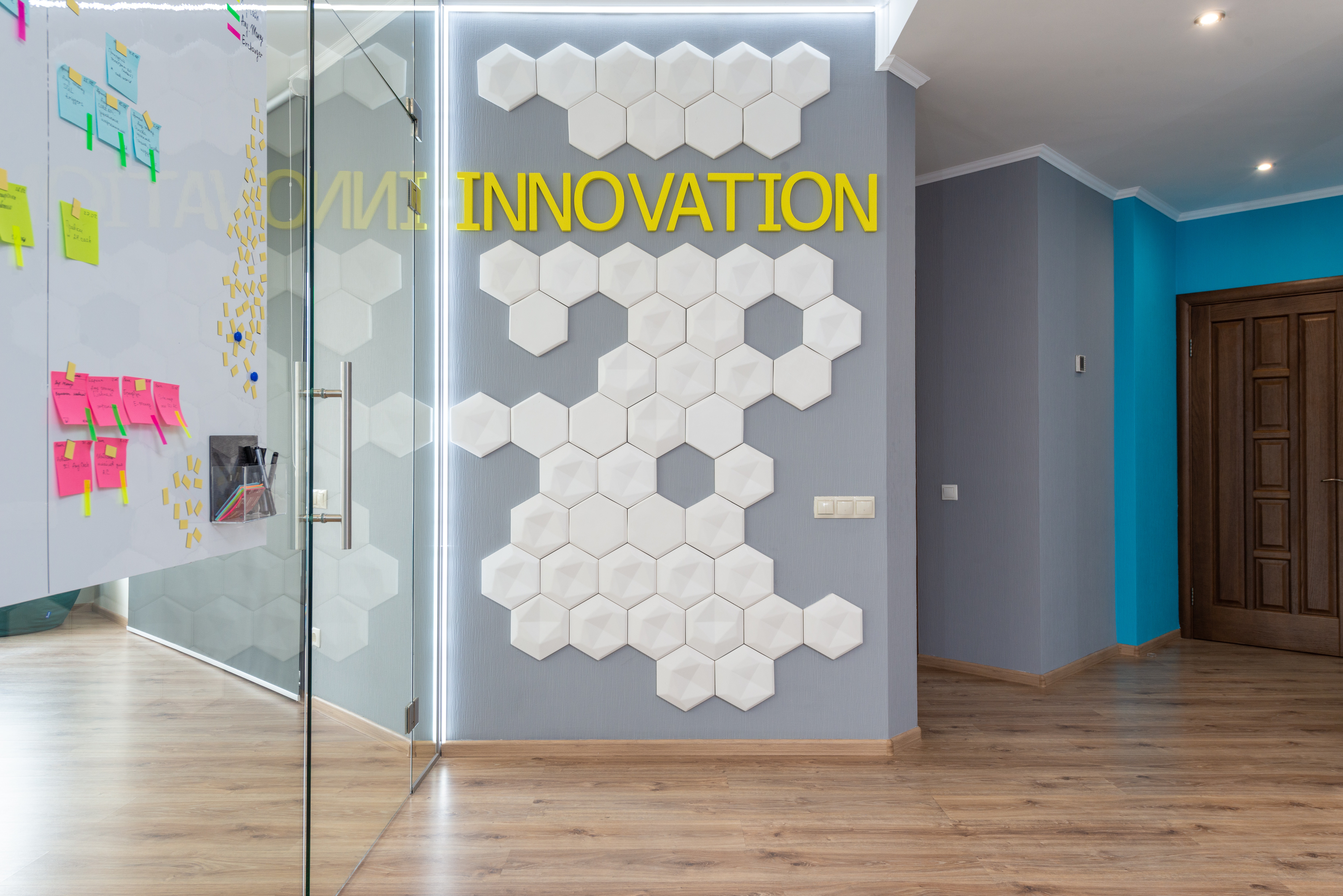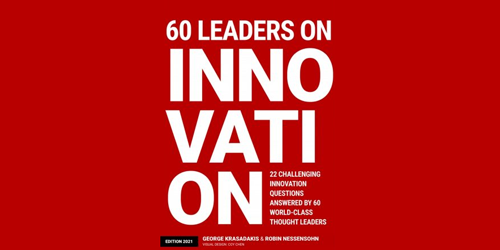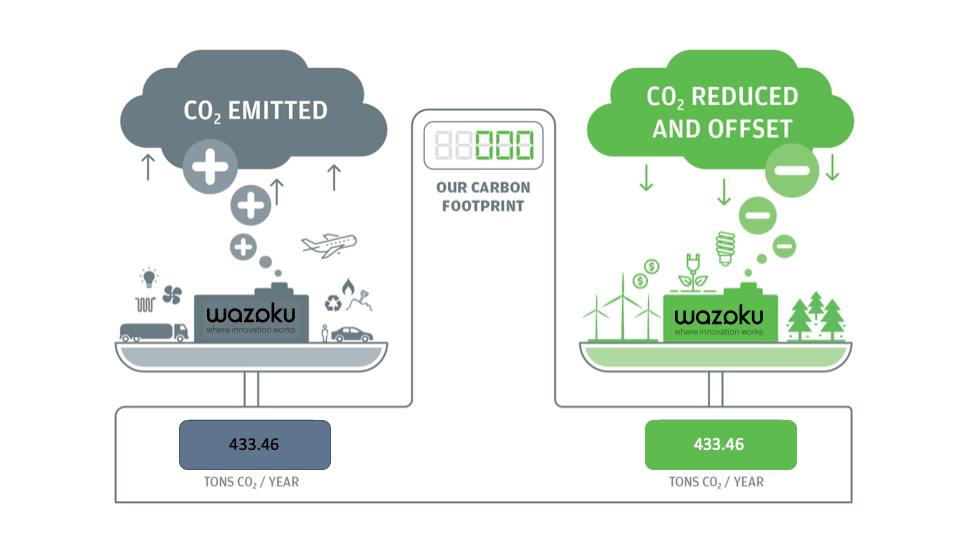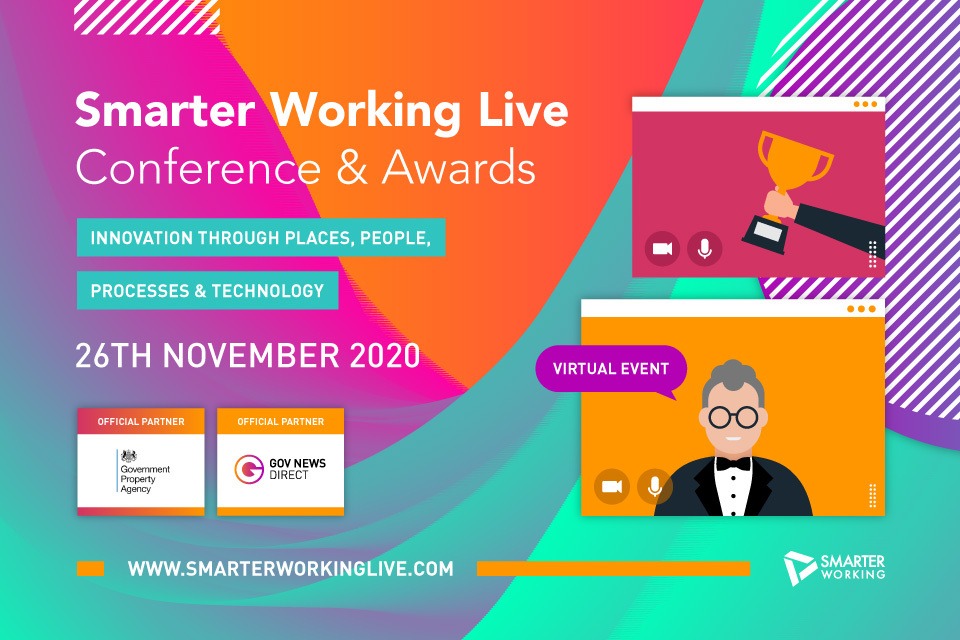There’s no doubt the coronavirus, which causes the disease known as COVID-19, is causing mass disruption around the world. The outbreak is a human tragedy – the likes of which is a cause for great concern. It’s also having a growing impact on the global economy, forcing businesses to rethink their workforce strategies, putting health and safety first.
These are Volatile, Uncertain, Complex and Ambiguous (VUCA) times. As businesses and governments around the world wrestle with the multi-faceted challenges they’re facing, workplaces are closing and people are self-quarantining. COVID-19 is taking the world by surprise, and raising questions that require thoughtful, people-first responses.
Over the weekend, we’ve been contacted by a whole range of stakeholders – governments, shareholders, customers, businesses etc. – all asking how we can work together to support one another through this challenging time. The importance of crowdsourcing is becoming more acute.
The immediate priority for employers has been on ensuring the health and safety of employees, providing remote and flexible work options for those who can work from home. Reducing psychological stress has also been a priority, as many businesses seek to take a measured and altruistic response.
However, the outbreak has forced many other businesses to question the adequacy of their preparedness for such events. Not all organisations are best equipped to cope with such disruption, leaving many wondering how to respond.
Be prepared for the unprepared
How we respond to unexpected events can make all the difference to the outcome – on a global, social and economic level – but how well we respond is directly correlated with how well we are geared up to respond. How well we are prepared for change.
For example, Wazoku and InnoCentive use the value of open innovation in conjunction with idea management software to help connect and engage workers focused on solving challenges and managing change. In a world where we can’t always use our offices, laboratories, R&D centres and meeting rooms, people are working remotely to advance solutions to the problems our world and businesses face.

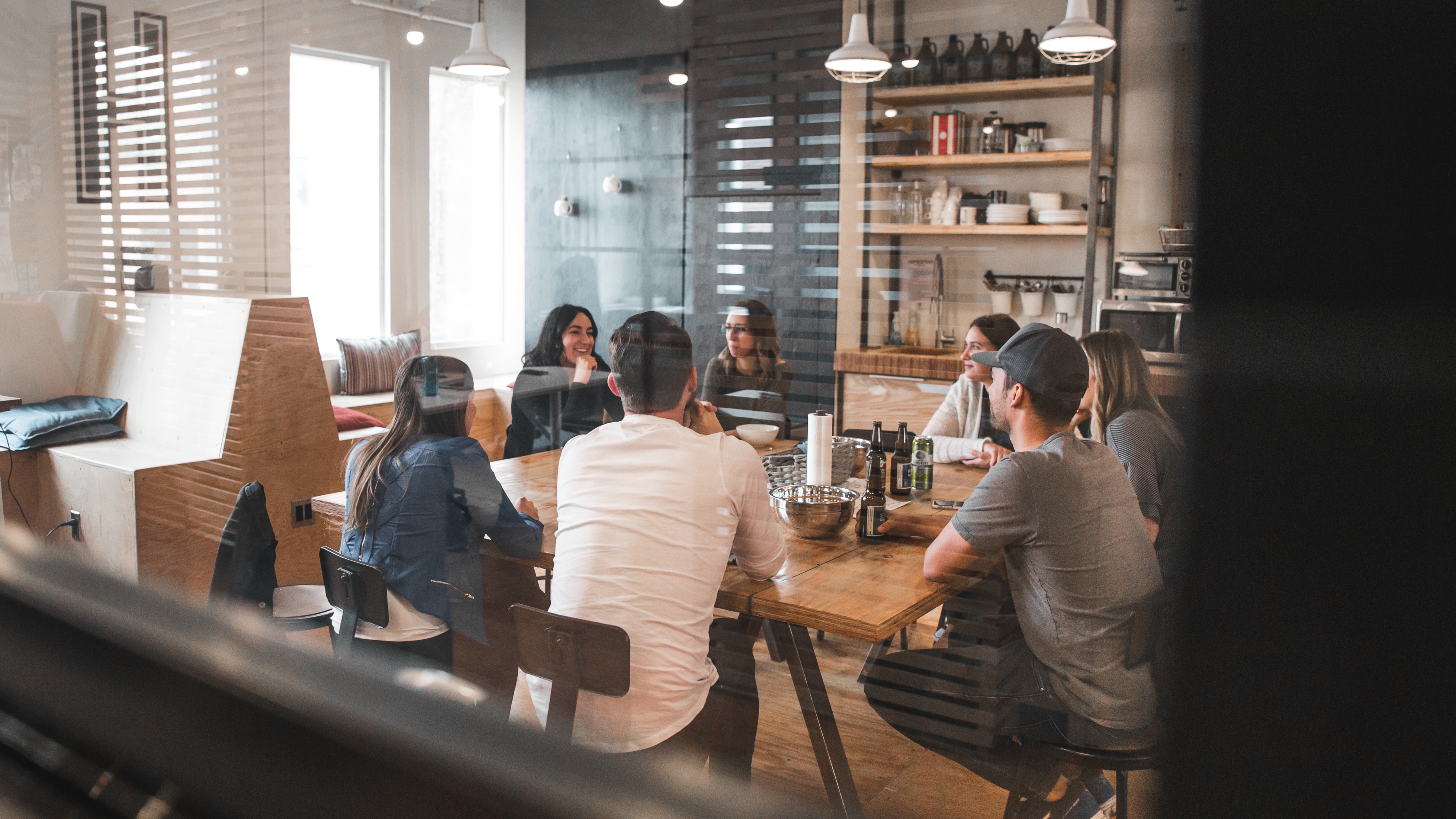
.webp)
